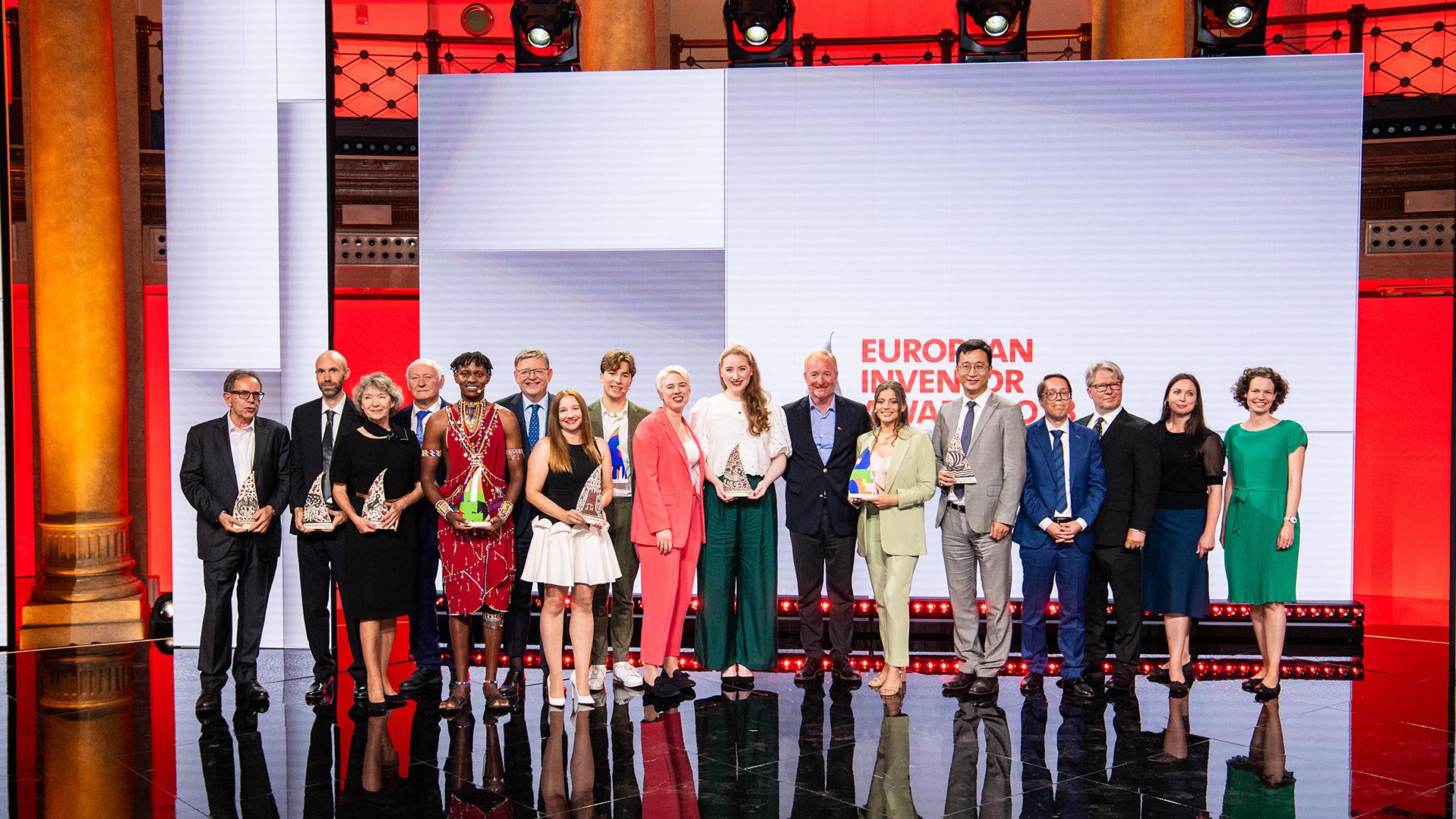
Wafricnews - June 23, 2025
From Kampala to California, young minds are rewriting the future with sustainable innovations — and the world is taking note. Ten brilliant inventors under the age of 30 were honoured in Reykjavík, Iceland, at the 2025 Young Inventors Prize, hosted by the European Patent Office (EPO), with a spotlight on climate action, waste reduction, and green technology.
From Kampala to California, young minds are rewriting the future with sustainable innovations — and the world is taking note. Ten brilliant inventors under the age of 30 were honoured in Reykjavík, Iceland, at the 2025 Young Inventors Prize, hosted by the European Patent Office (EPO), with a spotlight on climate action, waste reduction, and green technology.
Dubbed the “Tomorrow Shapers”, the finalists were selected from over 450 global applicants for inventions directly contributing to the United Nations Sustainable Development Goals (SDGs). Among them, African inventors proudly stood out, showing that brilliance knows no borders.
Uganda’s Eco-Innovation Wins for Food Waste Fight
Flying the African flag high, Sandra Namboozo and Samuel Muyita from Uganda clinched the Community Healers award for their innovation — a biodegradable sachet that combats food spoilage.
“Karpolax is a small sachet placed in fruit crates during storage or delivery. It releases a substance that slows ripening, extending freshness by up to 30 days,” Namboozo explained.
Coming from farming communities, the duo’s innovation targets a major problem: food waste, which accounts for 10% of global CO₂ emissions. Their invention offers a low-cost, scalable solution, especially for smallholder farmers and local markets across Africa.
Nature Gets a Makeover: CO₂ to Clothing
Taking home the Nature Guardians award were Neeka and Leila Mashouf, twin sisters from the U.S. who have created a revolutionary textile solution through their company, Rubi. Using an enzymatic process inspired by trees, they convert carbon emissions into cellulose-based fibres, providing a sustainable alternative to cotton and synthetic fabrics.
“We mimic how trees absorb carbon to grow, but without cutting forests or using land and water,” said Neeka Mashouf.
With the textile industry contributing nearly 8% of global CO₂ emissions, their innovation offers a game-changing solution that could transform fashion’s impact on the environment.
Recycling Rare Earths, Reducing Global Dependency
Marie Perrin, a French-American chemist, won the World Builders prize for creating a novel method to recycle rare earth elements, specifically europium, from discarded electronics like fluorescent lamps.
Rare earths are vital to everything from smartphones to wind turbines, and China’s dominance in the sector poses both geopolitical and environmental risks.
“Mining these elements causes enormous damage. Recycling them is a magic bullet,” Perrin said.
Her process provides a cleaner, more sustainable pathway to source these critical materials, reducing dependence on harmful extraction.
Smart Labels Win the People’s Vote
Innovation met everyday practicality as Spain’s Pilar Granado, Pablo Sosa Domínguez, and Luis Chimeno were voted People’s Choice for their biodegradable smart label. Designed to detect bacterial growth, the label changes colour when food starts to spoil, helping consumers avoid expired products and prevent food poisoning.
Already available commercially, the label tackles a staggering issue: 59 million tonnes of food wasted annually in Europe alone.
“This win is a validation of our belief that simple ideas can solve big problems,” said Chimeno.
From carbon-breathing fabrics to waste-fighting sachets, this year’s Young Inventors Prize celebrated ideas that are not just innovative — but essential for our planet’s future. And with African inventors at the forefront, the message is clear: The future of green tech isn’t just global, it’s inclusive.
By Wafricnews Desk.


Comment
To post a comment, you have to login first
LoginNo Comments Yet...